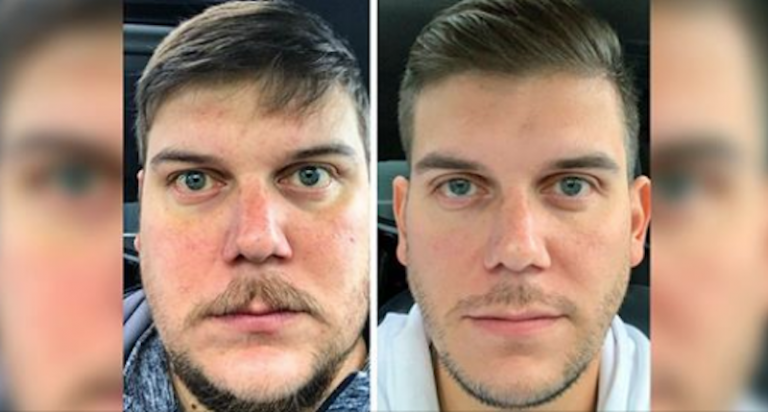People Test The Impact Of 30 Days Sober
What happens to your body after 30 days sober. We have some answers. April is Alcohol Awareness Month, a good time to remember the advantages of Dry January. What is Dry January? It’s the phenomenon of not drinking for 30 days to experience the impact of sobriety on your body.
Recently, The NYTimes featured an article that says there are zero health benefits to moderate drinking. A growing body of evidence shows that wine does not improve health or longevity, in fact it can be a problem for those who are overweight or have heart problems. Alcohol is an intoxicant, and it is additive. In fact, WHO some 5 million people worldwide die every year from diseases associated with alcohol.
30 Days Sober: Dry January Started A Few Years Ago And Became A Movement
We were sober curious once because loved ones became sober and we wanted to support their sobriety. We tried getting sober for 90 days, and never went back to drinking again. Sobriety has its benefits. Getting drunk is fun and all, but waking up achy, nauseous, and puffy with bags under your eyes is not. You don’t need to be a genius to know drinking alcohol isn’t good for you.
A recent study found that the average income earner who is not addicted to alcohol consumes around 9.5 liters of alcohol every year. This figure accounts for people who drink occasionally – when out with friends, or to destress after a tough day at work. Let’s say you are a part of that ‘average’ group – what would happen if you stopped drinking completely for 28 days? Several volunteers decided to give up drinking alcohol for the month of January and documented changes in their health and appearance along the way. Here’s what happened…
30 Days Sober: Increased Appetite And Sugar Cravings At First
Have you ever noticed that you eat more food when you drink alcohol? Are you currently conjuring up images of those late-night burrito runs like I am? Over time, you can expect to eat less after giving up alcohol, but at first, most people reported eating more. They also craved more sugar. That’s because without sugary drinks, you’ll experience a dip in blood sugar levels.
Week one without alcohol isn’t the greatest. Your blood sugars may drop, and you could experience headaches, especially if you’re used to drinking before going to bed at night. Your quality of sleep may suffer in the short term. Also, if you used alcohol as a way to reduce pain, you may experience an increase in pain. Stay strong! Keep in mind, these negative side effects go away during week two – you’ve got this.
30 Days Sober WEEK TWO
Better Sleep And Overall Health
By week two, things are starting to look brighter. Most people report that their sleep improves. Plus, they notice a decrease in dark circles as well as facial swelling, which translates to a healthier and more youthful appearance. Less expected changes include:
Your Liver Thanks You
Depending on how much alcohol you consumed in the past, your liver may start to recover by week three.
Better skin, fewer wrinkles
Blood circulation improves, causing more oxygen to freely flow throughout your body. As a result, skin color changes and fine lines disappear.
Better digestion
Digestion improves thanks to a decrease in gastric acid. Too much gastric acid causes the stomach to quite literally eat itself.
30 Days Sober WEEK FOUR
Reduced Risk Of Cardiovascular Diseases
In the fourth week, the average person losses around six to eight pounds. The risk of developing cardiovascular diseases goes down with your waistline. Some people bounce back from high blood pressure and hypertension.
Your skin is lighter and clearer because the water balance in your body is restored, along with circulation.
Improved confidence and mental state
Many people reported improvements to their overall confidence at this time, as the brain begins to function more productively.
When you drink regularly, brain cells die due to lack of oxygen. When you stop drinking, the opposite takes effect.
The before and after photo below offers a perfect example of just how much your physical appearance can change after giving up alcohol for 28 days.
Week one might not be all that fun, but once you experience the results, it’s so worth it.
“A month off is the perfect way to reset your relationship with alcohol. It only takes three weeks to break a habit, so this could be your route to happier, healthier drinking long-term,” according to alchoholchange.org.
More Articles to Read About Dry January
Sober Curious Benefits To Your Body and Brain
Surprising Health Benefits Of Dry January
New Alcohol Facts: Even A Little Can Hurt
Don’t Give Up Sobriety Takes Time To Love





















